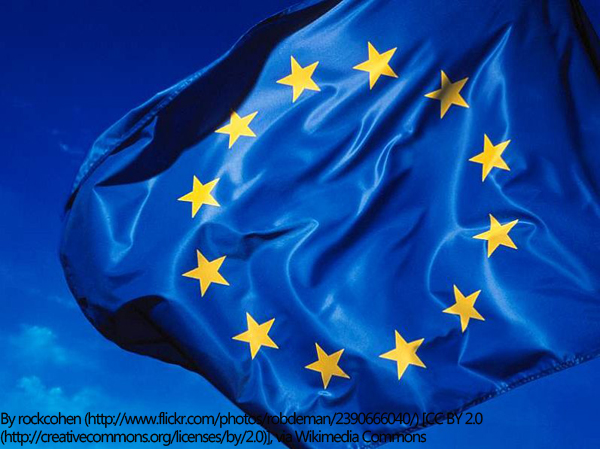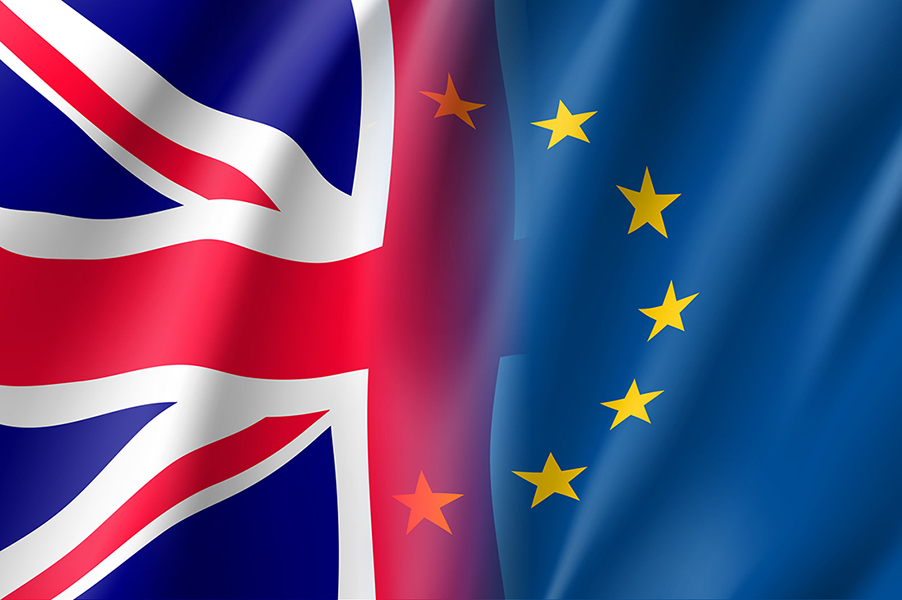As the United Kingdom continues to plan for Brexit, announcements on Sunday say that a new fast-track visa process will be applicable for top scientists, researchers and mathematicians.
On January 31, 2020, Brexit will be official, and the United Kingdom will no longer be a part of the European Union. This means that many job opportunities available in the UK will be restricted for those in the EU.
However, the announcement made by Prime Minister Boris Johnson on Sunday, states that “as we leave the EU, I want to send a message that the UK is open to the most talented minds in the world, and stand ready to support them to turn their ideas into reality.”
The fast-track visa will be open next month to attract the world’s leading scientists and there will be no cap on the numbers of qualified people able to apply for this.
Johnson said, “the UK has a proud history of scientific discovery, but to lead the field and face the challenges of the future we need to continue to invest in talent and cutting-edge research.”
This visa application process will begin on February 20th and will be managed by the UK Research and Innovation Agency. They will make sure that suitable applicants are handled quickly and fast-tracked by individuals that are able to assess scientific credentials, compared to immigration officials.
This visa application replaces the tier-one “exceptional talent” visa. According to the UK’s visa and immigration website, tier-one applications are for those that work in a qualifying field, which is endorsed by a recognizing leader and or emerging leader.
Applicants will not need a job offer prior to arriving in the UK, rather they will be assessed faster for settlement once they have been accepted. In 2018, only 550 visas were issued based on the tier-one criteria when the cap was 2,000 applicants, but officials hope that the new uncapped visa process will be more enticing.
Furthermore, Johnson also announced a £300 million funding plan for experimental and imaginative mathematical sciences research in the next five years, along with double funding for new PhDs, and a boost for mathematics fellowships and research projects. This will include projects that place an importance on myriad developments such as safer air travel, smart phone technology and artificial intelligence.
After Brexit, EU citizens will lose their right to live and work in the UK without appropriate visa documentation. Furthermore, this has feared both UK and EU citizens as jobs in specific areas will be constrained.












Join or login to leave a comment
JOIN LOGIN